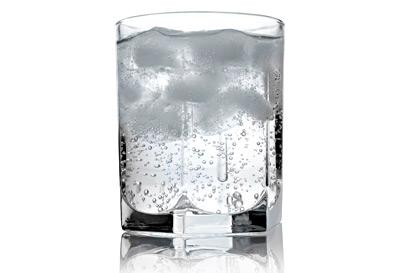 It’s bubbly, it’s fun, and it’s one of the most delightful alternatives to plain old H2O. Often called sparkling water, this beverage has a delicate effervescence that makes it a popular beverage of choice in Australia and in other parts of the world. However, there are quite a handful of myths surrounding this bubbly drink. Below are some of the most popular misconceptions about fizzy water:
It’s bubbly, it’s fun, and it’s one of the most delightful alternatives to plain old H2O. Often called sparkling water, this beverage has a delicate effervescence that makes it a popular beverage of choice in Australia and in other parts of the world. However, there are quite a handful of myths surrounding this bubbly drink. Below are some of the most popular misconceptions about fizzy water:
Myth #1: It’s as bad for you as soda.
Many believe that since carbonated sodas and sparkling water share the same effervescent nature that it is likely to cause the same damage to the body. However, one key element absent in bubbly water is the added sugar or artificial sweeteners, which are ever present in carbonated sodas.
“For those who choose carbonated sodas, it may provide the sought-after carbonation without the sugar,” says Laureen Smith, PhD, RN, associate professor at the Ohio State University College of Nursing.
Myth #2: It leaches out calcium from your bones.
One of the most common misconceptions about sparkling water is that it makes bones weaker. While a study led byDouglas Kiel, MD, at Harvard Medical School showed that older women (but not men) who drank cola had lower hip bone mineral density, there was no evidence that sparkling water had the same effect.
Moreover, another study by Robert Heaney, MD, at the Creighton University School of Medicine, suggests the same thing. The researchers surmised that it might be the caffeine and phosphoric acid in colas and not the carbonation that causes the problems.
Myth #3: It destroys tooth enamel.
Yet another long standing myth, many think that the carbonation in seltzer water erodes the precious enamel on our teeth.
While it may be true that the carbonic acid content of sparkling water makes it more corrosive than still water, there is evidence that suggests that it is not acidic enough to erode your teeth. Moreover, research conducted by Catriona Brown at the University of Birmingham, suggest that flavoured sparkling water (especially those that come in lemon, lime, and grapefruit) may have some corrosive effect because of the added citric acid content.
